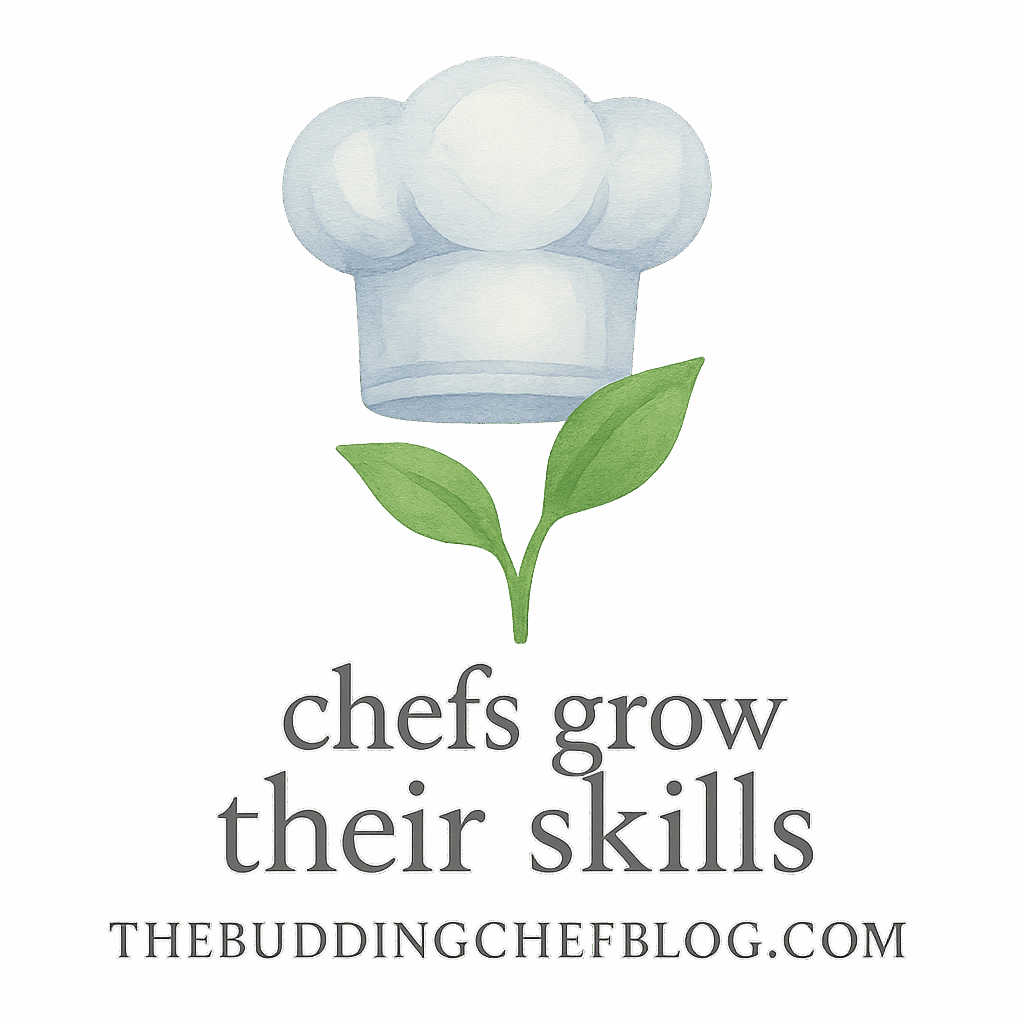Cooking can feel intimidating when you’re just getting started — especially when every recipe seems to call for fancy sauces or hard-to-find ingredients. But here’s a little secret: you don’t need a professional kitchen or a long grocery list to whip up delicious sauces. In fact, with just a few pantry staples, you can create flavor-packed sauces that elevate any dish.
Whether you’re just beginning your culinary journey or looking to simplify your weeknight meals, this guide is for you. And if you’re eager to grow your skills even more, check out our resources on Basic Cooking Techniques, Ingredient Knowledge, and Recipe Practice.
Why Every Beginner Chef Should Master Pantry Sauces
Boost Confidence in the Kitchen
Mastering a few go-to sauces helps you feel more comfortable experimenting in the kitchen — and more capable when trying new recipes. They’re simple but deliver BIG flavor.
Save Time & Money
Using what you already have saves unnecessary trips to the store — and your wallet will thank you! Plus, with homemade sauces, you avoid paying a premium for pre-made jars filled with preservatives.
Impress Friends and Family
Homemade sauces take meals from “meh” to “wow” — even simple roasted veggies or grilled chicken feel gourmet when paired with the right sauce.
Essential Pantry Staples for Sauce Making
Before we dive into recipes, let’s look at the pantry ingredients that make these sauces possible. These staples are your best friends:
Oils & Fats
- Olive oil
- Vegetable oil
- Butter
Vinegars & Acids
- Balsamic vinegar
- Apple cider vinegar
- Rice vinegar
- Lemon or lime juice
Spices & Seasonings
- Salt & pepper
- Garlic (fresh or powdered)
- Onion powder
- Red pepper flakes
Sweeteners
- Honey
- Maple syrup
- Sugar
Canned & Jarred Ingredients
- Tomato paste
- Canned tomatoes
- Tahini
- Peanut butter
- Mustard
- Soy sauce
9 Easy Pantry Sauces You Can Master
Let’s get saucy! These are nine easy sauces every beginner chef can make — all with pantry ingredients.
1. Classic Vinaigrette
Ingredients
- 3 parts olive oil
- 1 part vinegar (balsamic, apple cider, or red wine)
- 1 tsp mustard
- Salt & pepper
- Optional: honey for sweetness
Method
Whisk everything in a bowl or shake in a jar. Adjust to taste. Drizzle on salads, roasted veggies, or grains.
2. Garlic Butter Sauce
Ingredients
- ½ cup butter
- 2-3 cloves garlic, minced
- Salt
- Fresh herbs (optional)
Method
Melt butter in a pan, add garlic, and sauté for 1-2 minutes. Pour over pasta, seafood, or veggies.
3. Tomato Basil Sauce
Ingredients
- Canned tomatoes
- Olive oil
- Garlic
- Dried or fresh basil
- Salt & pepper
Method
Sauté garlic in olive oil. Add tomatoes and basil. Simmer for 20 minutes. Perfect for pasta or pizza.

4. Soy-Ginger Glaze
Ingredients
- Soy sauce
- Honey or brown sugar
- Grated ginger
- Garlic
- Rice vinegar
Method
Simmer all ingredients until thickened. Great on stir-fries or grilled meats.
5. Creamy Tahini Sauce
Ingredients
- Tahini
- Lemon juice
- Water
- Garlic
- Salt
- Optional: cumin or paprika
Method
Whisk tahini with lemon juice and water until smooth. Season to taste. Delicious on veggies or grain bowls.
6. Honey Mustard Sauce
Ingredients
- Equal parts honey & mustard
- Splash of vinegar
- Salt & pepper
Method
Mix together until smooth. A versatile dipping sauce for chicken, veggies, or sandwiches.
7. Spicy Peanut Sauce
Ingredients
- Peanut butter
- Soy sauce
- Rice vinegar or lime juice
- Honey
- Garlic & ginger
- Water to thin
Method
Whisk ingredients together until creamy. Perfect for noodles, salads, or dipping.
8. Chimichurri
Ingredients
- Olive oil
- Vinegar
- Garlic
- Dried oregano
- Chili flakes
- Parsley (or dried herbs)
Method
Blend or stir ingredients. Use on grilled meats or roasted veggies.
9. Pesto from Pantry Greens
Ingredients
- Any greens (spinach, kale, arugula)
- Olive oil
- Garlic
- Nuts or seeds
- Parmesan (optional)
- Lemon juice
- Salt & pepper
Method
Blend until smooth. Toss with pasta, drizzle on toast, or use in wraps.
Pro Tips for Perfecting Your Pantry Sauces
Taste as You Go
Your palate is your best tool. Always adjust seasoning to get that perfect balance.
Balance Flavors
Think salty, sweet, sour, and umami. If a sauce feels flat, a splash of acid or sweetener can wake it up.
Don’t Skip Emulsifying
When mixing oil and vinegar, whisking or shaking is key — this creates a creamy, cohesive sauce.
Tools & Equipment That Make It Easier
Blenders & Food Processors
Great for pestos and creamy sauces — check out our top picks on Kitchen Tools & Equipment.
Whisks & Mixing Bowls
An everyday whisk and sturdy bowl are all you need for vinaigrettes and other sauces.
Storage Containers
Glass jars or small containers make storing leftover sauce easy — perfect for meal prep!
Conclusion
Sauce-making doesn’t need to be complicated — and it certainly shouldn’t feel out of reach for beginner chefs. With just a few pantry staples and a little creativity, you can whip up sauces that elevate every dish.
Mastering these basics also lays the groundwork for greater culinary success. If you’re looking for more ways to boost your Professional Growth as a home cook, or want inspiration for affordable, beginner-friendly meals, explore our curated articles tagged with Beginner, Budget, Affordable, and Practice.
Don’t be afraid to experiment — after all, cooking is part art, part science, and all about learning!
FAQs
Q1: Can I store homemade sauces?
Yes! Most will keep 5–7 days in the fridge in airtight containers.
Q2: What’s the easiest sauce to start with?
A classic vinaigrette — simple, quick, and endlessly customizable.
Q3: How do I fix a sauce that’s too salty?
Add a splash of vinegar, lemon juice, or sweetener to balance flavors.
Q4: Do I need fancy equipment for these sauces?
Nope! A basic whisk, bowl, and maybe a blender is all you need. See our tips on Kitchen Tools.
Q5: How do I thicken a sauce?
Simmer to reduce, or add a small amount of flour, cornstarch, or nut butter.
Q6: What’s a good sauce for meal prep?
Honey mustard or tahini sauces keep well and work for multiple meals — see more on Meal Planning.
Q7: How can I keep improving my sauce skills?
Practice, taste often, and read up on more tips through our Cooking Skills resources.


